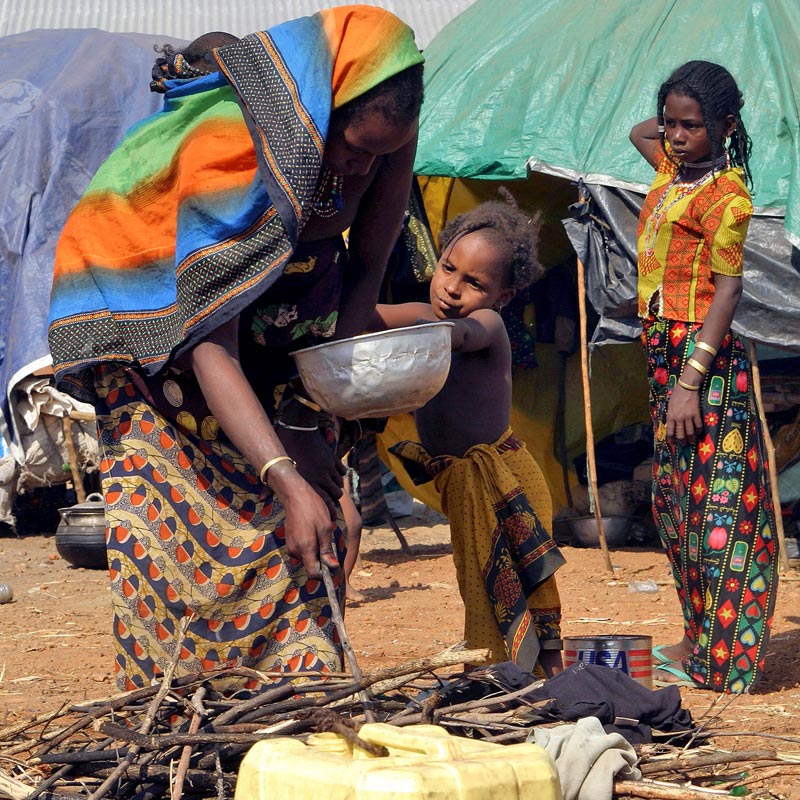Originally published in the Chicago Tribune on December 27, 2000, MacArthur president Jonathan Fanton comments on the signing of the treaty establishing a new international criminal court.
This is the time of year in which world leaders offer many words of hope — words that seem to disappear almost as quickly as they are spoken. This year, however, President Clinton has an opportunity to do much more. He can, with a stroke of his pen, help shape the course of international justice for decades to come.
During the course of the next two years a new international criminal court will be established, potentially the most powerful institution for defending human rights that the world has yet devised. The court will prosecute people accused of committing terrible atrocities: genocide, crimes against humanity and war crimes. Already, 120 governments have signed the treaty for the court and once 60 countries have ratified it, probably by mid-2002, the court will begin operations.
President Clinton, in his final days in office, faces a crucial decision. He knows that the U.S. Senate, and particularly its Foreign Relations Committee chairman, Jesse Helms, will not let this treaty be ratified in the foreseeable future. But he also knows that until Dec. 31, he can sign the treaty without having it ratified at the same time. After New Year's Day, a mere signature will no longer be an option; governments must accede to the treaty directly.
The president has two compelling reasons to sign the treaty this week. First, it would keep the United States engaged in shaping the way the court works. Negotiations continue over how the judges, prosecutors and investigators will carry out their work. It is important that the U.S. contribute to helping ensure that the international criminal court will meet the highest standards of jurisprudence. U.S. negotiators have made valuable contributions to the process in the past and they should continue to be involved.
Also, his signing the treaty will place the U.S. squarely in line with those who are ready to declare that there is no hiding place anywhere in the world for people who commit crimes against humanity. Those who are accused of such crimes will, if circumstances dictate, be brought before the international criminal court where experienced prosecutors and judges will hear the facts and bring judgment. It will send a powerful message to those who think crimes against humanity might go unpunished.
Although it has supported similar tribunals for the former Yugoslavia and Rwanda, the Clinton administration stopped short when it came to setting up a permanent court, concerned that U.S. citizens might be subjected to politically motivated prosecutions. As a result, the United States joined a minority of seven countries — including Iraq, China and Libya — in voting against the treaty when it was negotiated in 1998.
There is no reason for concern. The treaty includes numerous safeguards to make sure that American servicemen or other officials would not be hauled before the court on political charges. The court will not even have jurisdiction over cases that have been investigated by an individual's own government. This court is designed for failed states with failed justice systems — not for the United States.
In fact, the Clinton administration has a strong record on issues of international justice. In addition to the Yugoslavia and Rwanda tribunals, it has supported recent efforts to establish courts on Cambodia and Sierra Leone. And in a speech to survivors of the Rwandan genocide in 1998, President Clinton said, "Talks are under way at the United Nations to establish a permanent criminal court. Rwanda ... underscores the need for such a court. And the United States will work to see that it is created."
As the end of the year approaches, many world leaders will speak about their hope for peace in the world. I join those who hope President Clinton will make it a time of action by signing the treaty for the international criminal court.




